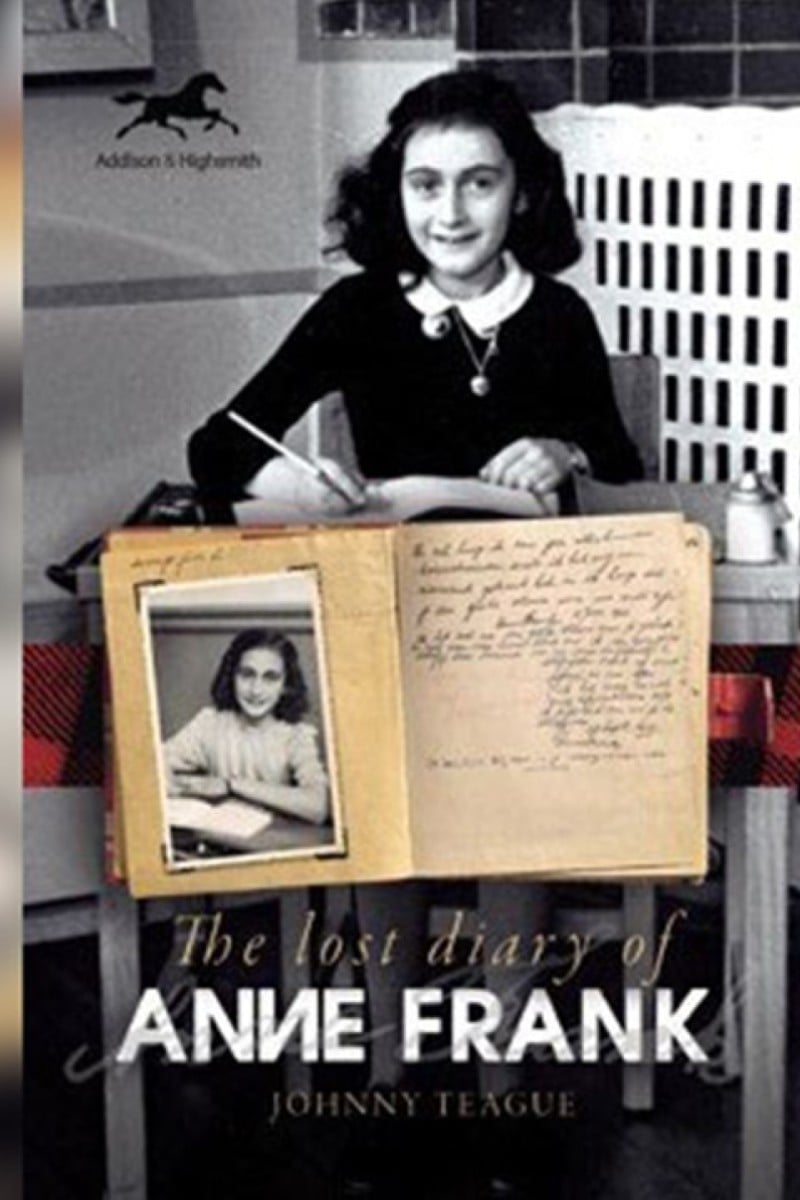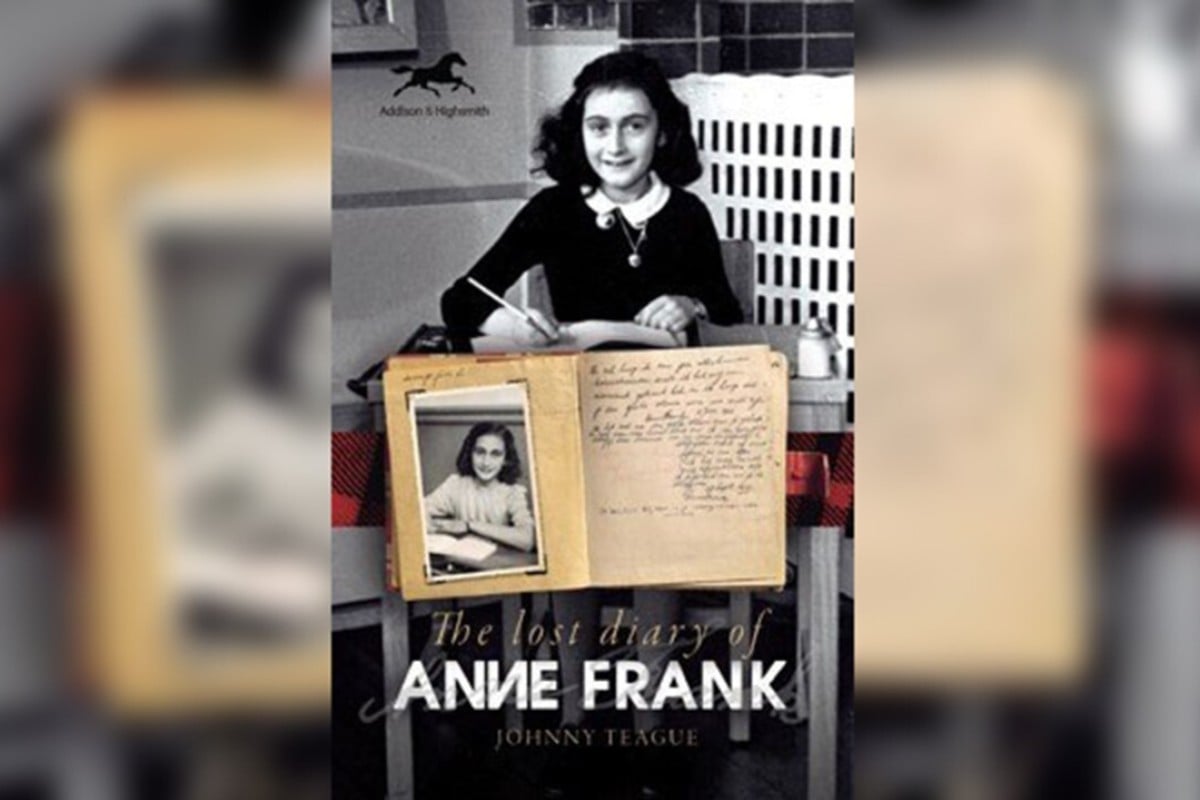
‘The Lost Diary of Anne Frank’ book review: a poignant continuation of her story
- Historian Dr Johnny Teague imagines the horrors faced by the teenager in a Nazi concentration camp
- Far from being sensationalist, the well researched novel portrays in detail the dehumanising treatment of Jewish people during the Holocaust
 The Lost Diary of Anne Frank. Photo: TNS
The Lost Diary of Anne Frank. Photo: TNSTHE LOST DIARY OF ANNE FRANK
By Johnny Teague
Published by Histria Books
ISBN 978 1 59211 0551
“Dearest Kitty,
The worst has happened. I am sitting in a holding cell at the Gestapo headquarters. Oh Kitty, I am at a loss.”
Anne Frank’s The Diary of a Young Girl, first published in 1947, is a universal classic that is perhaps the most powerful, important and tragic account of the Nazi occupation of Holland in the early 1940s. It has sold 30 million copies in 67 languages. Some 1.3 million people visit the Anne Frank house in Amsterdam annually, the site at which young Anne, her family and some friends hid inside a secret annex for two years escaping capture by the Nazis.
Until they didn’t.
Why we need to remember and value Anne Frank, diversity and tolerance more than ever
Anne, who aspired to become a writer, penned a diary of her experiences, thoughts and emotions while being holed up in the small space . Her last entry was on August 1, 1944, just a few days before the Nazis broke in and captured her and her family.
The last words in the book are “Anne’s diary ends here”.
That’s where historian and author Dr Johnny Teague picks up with The Lost Diary of Anne Frank, a unique historical novel.
Holocaust survivor Eva Schloss works hard to make sure history doesn’t repeat itself
Based on an abundance of research, it continues what could have been Anne’s diary while imprisoned by the Nazis (even though such journals were hardly available to concentration camp prisoners).
“The last words of the diary … are not acceptable,” writes Teague. “History records what happened. Anne recorded how it felt … what is missing is how Anne felt after the annex – how she coped, and what her last thoughts and words were.”
Teague reconstructs how he envisions Anne’s diary might read, ably inserting the tone and feeling of the narrator.
The entry to the concentration camp Auschwitz-Birkenau in Poland, the site of much of the horrifying history of the Holocaust. Photo: APThe days, filled with horrors and fear, take on a reluctantly accepted routine. She tells of moving heavy rocks to one side of the camp, only to be told that plans have changed; the rocks must now to be moved back. Even a typical Tuesday becomes a day of utter fright and consequence as the Nazis select who will be sent “to the left” and sentenced to their death.
Teague describes the prisoners’ efforts to stay sane by playing a game of “Who Am I”, with participants sharing bits about their lives before the camp. This counters the Nazis’ perception of them as a “something” rather than a “someone”, despite the dehumanising tattoos, ID numbers, shaved heads, and uniform rags.
How Anne was able to maintain composure during her time in the annex was one thing; doing it in a concentration camp was quite another.
21 motivational quotes from Anne Frank, Charles Dickens and Paulo Coelho
“It is hard to imagine losing the will to live after just nine or ten days,” she writes to her famous and likely fictional friend Kitty. She also takes great pleasure in spending time with children, a temporary joy that restores what little humanity is left.
Sadly, this is a story without a surprise ending. History records Anne’s fate. Here, however, one learns how Anne, through Teague’s research and imagination, processes what is happening: “I don’t know what tomorrow holds for us, but what’s new? We are never told what the next day will be.”
Among Anne’s fears is the idea that she will be forgotten by the world. But Teague writes: “The beauty of Anne’s story is that her dreams were accomplished beyond what she could have ever hoped for or dreamed. She did become a famous writer, and her life changed the world for the better.”
“To be famous would be great,” muses Anne. “To be free would be even greater.”